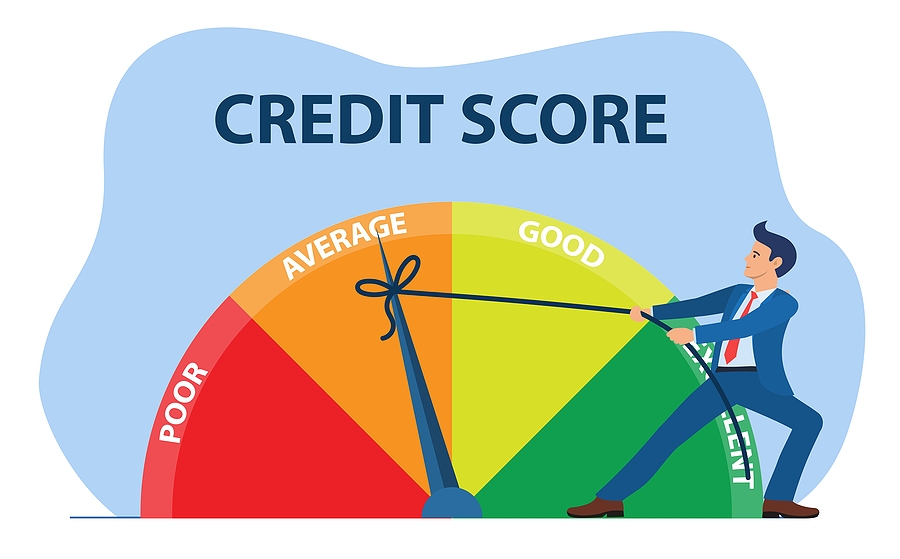Introduction
Debt can feel like a heavy burden, weighing down your financial freedom. But what if you could roll multiple debts into one, making it easier to manage and potentially improving your credit score? That’s exactly what debt consolidation offers! In this guide, we’ll break down how to consolidate your debt effectively and boost your credit score quickly.
Understanding Debt Consolidation
What is Debt Consolidation?
Debt consolidation is the process of combining multiple debts into a single payment. Instead of juggling multiple due dates and interest rates, you simplify repayment by securing a single loan or credit line to pay off all outstanding balances.
How Does Debt Consolidation Work?
When you consolidate debt, you take out a new loan or credit product to pay off existing debts. This leaves you with one monthly payment, ideally at a lower interest rate, which makes repayment more manageable and saves money over time.
Types of Debt Consolidation
Debt Consolidation Loans
These are personal loans used to pay off multiple debts. They typically have fixed interest rates and structured repayment plans.
Balance Transfer Credit Cards
These allow you to transfer existing credit card balances onto a new card with a low or 0% introductory APR, reducing interest costs.
Home Equity Loans & HELOCs
If you own a home, you can use its equity to secure a loan or line of credit with lower interest rates to consolidate debt.
Debt Management Plans (DMPs)
Nonprofit credit counseling agencies offer DMPs, which help negotiate lower interest rates and provide structured repayment plans.
Pros and Cons of Debt Consolidation
Advantages of Debt Consolidation
- Simplifies multiple debts into one payment
- May lower interest rates
- Can improve credit score over time
- Helps avoid missed payments
Disadvantages of Debt Consolidation
- May require good credit to qualify for low-interest rates
- Could lead to more debt if spending habits don’t change
- Some options require collateral (e.g., home equity loans)
Steps to Consolidate Your Debt Effectively
1. Assess Your Financial Situation
Understand your total debt, interest rates, and monthly payments to determine if consolidation is right for you.
2. Check Your Credit Score
A higher credit score qualifies you for better consolidation loan rates. If needed, take steps to improve your score first.
3. Research Debt Consolidation Options
Compare loans, credit cards, and other solutions to find the best fit for your needs.
4. Apply for the Best Debt Consolidation Solution
Once you choose an option, apply and use the funds to pay off existing debts.
5. Stick to a Repayment Plan
Ensure you make timely payments and avoid new debt to stay on track.
How Debt Consolidation Affects Your Credit Score
Short-Term Impact on Credit Score
Initially, your credit score may dip due to the credit inquiry and new account opening.
Long-Term Benefits for Credit Score Improvement
Over time, consistent payments and a lower credit utilization ratio will boost your credit score.
Alternative Ways to Improve Your Credit Score
Paying Bills on Time
On-time payments are crucial for maintaining and improving credit scores.
Reducing Credit Utilization Ratio
Keeping your credit usage below 30% helps maintain a healthy credit score.
Avoiding New Debt
Refrain from taking on unnecessary debt to prevent financial strain.
Checking Credit Reports for Errors
Regularly review credit reports and dispute any inaccuracies to avoid score damage.
Common Mistakes to Avoid When Consolidating Debt
- Choosing high-interest loans
- Not addressing spending habits
- Missing payments on the new loan
- Ignoring loan terms and fees
Final Thoughts
Debt consolidation can be a powerful tool when done right. By choosing the best option, staying disciplined with payments, and improving financial habits, you can ease your financial burden and boost your credit score over time.
FAQs
1. Does debt consolidation hurt my credit score? Initially, it may cause a small dip, but in the long run, it can improve your credit score if managed responsibly.
2. How long does it take to see credit score improvement? It depends on your financial habits, but many see improvement within a few months of consistent payments.
3. Can I consolidate all types of debt? Most unsecured debts (like credit cards and personal loans) can be consolidated, but secured loans like mortgages usually require different strategies.
4. Is debt consolidation worth it for small debts? If the interest rate is high, consolidating even small debts can save money and simplify payments.
5. What if I get denied for a consolidation loan? Try improving your credit score, reducing debt, or exploring alternative options like credit counseling programs.
